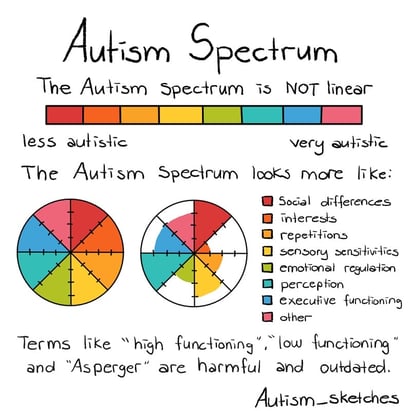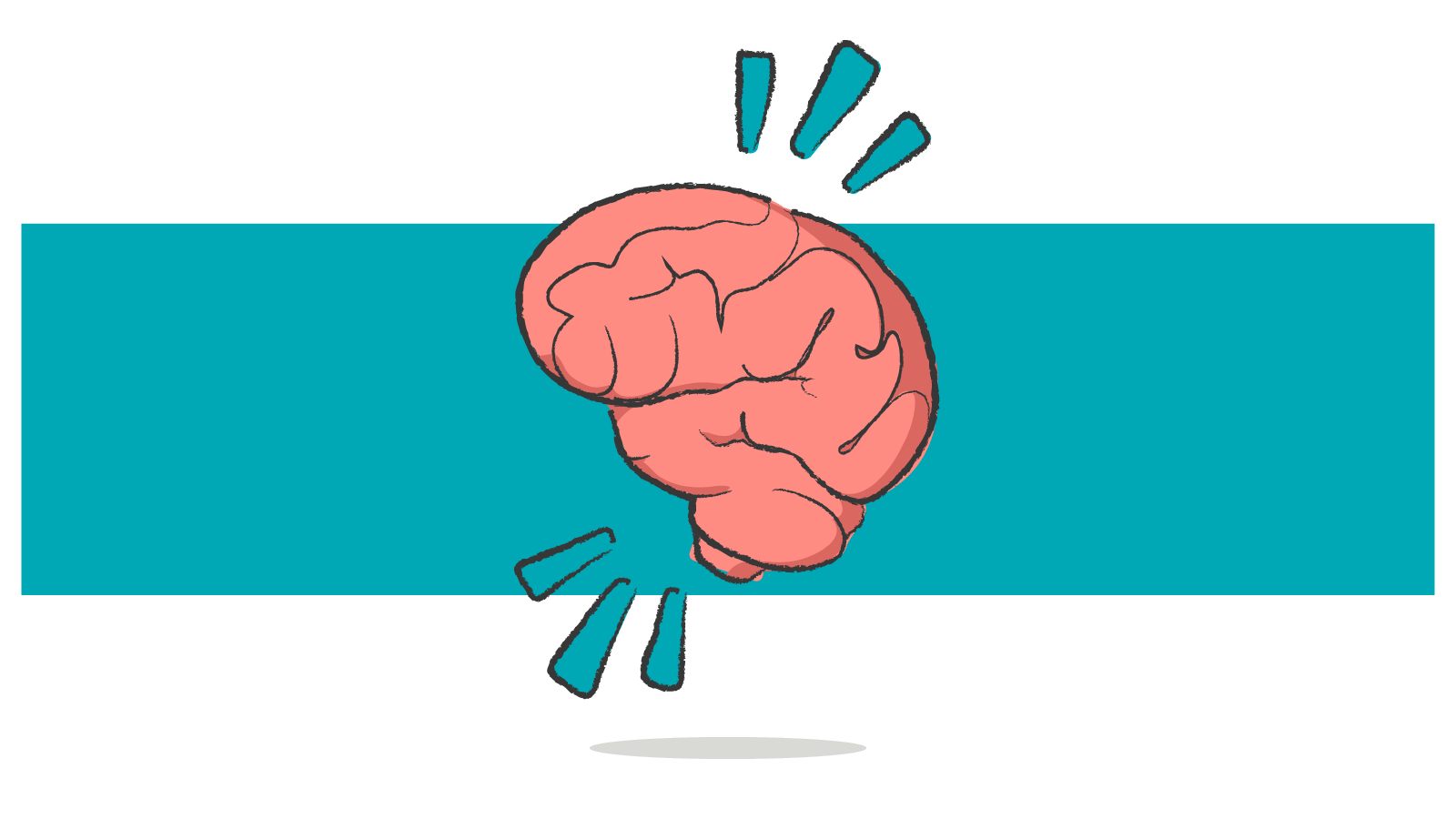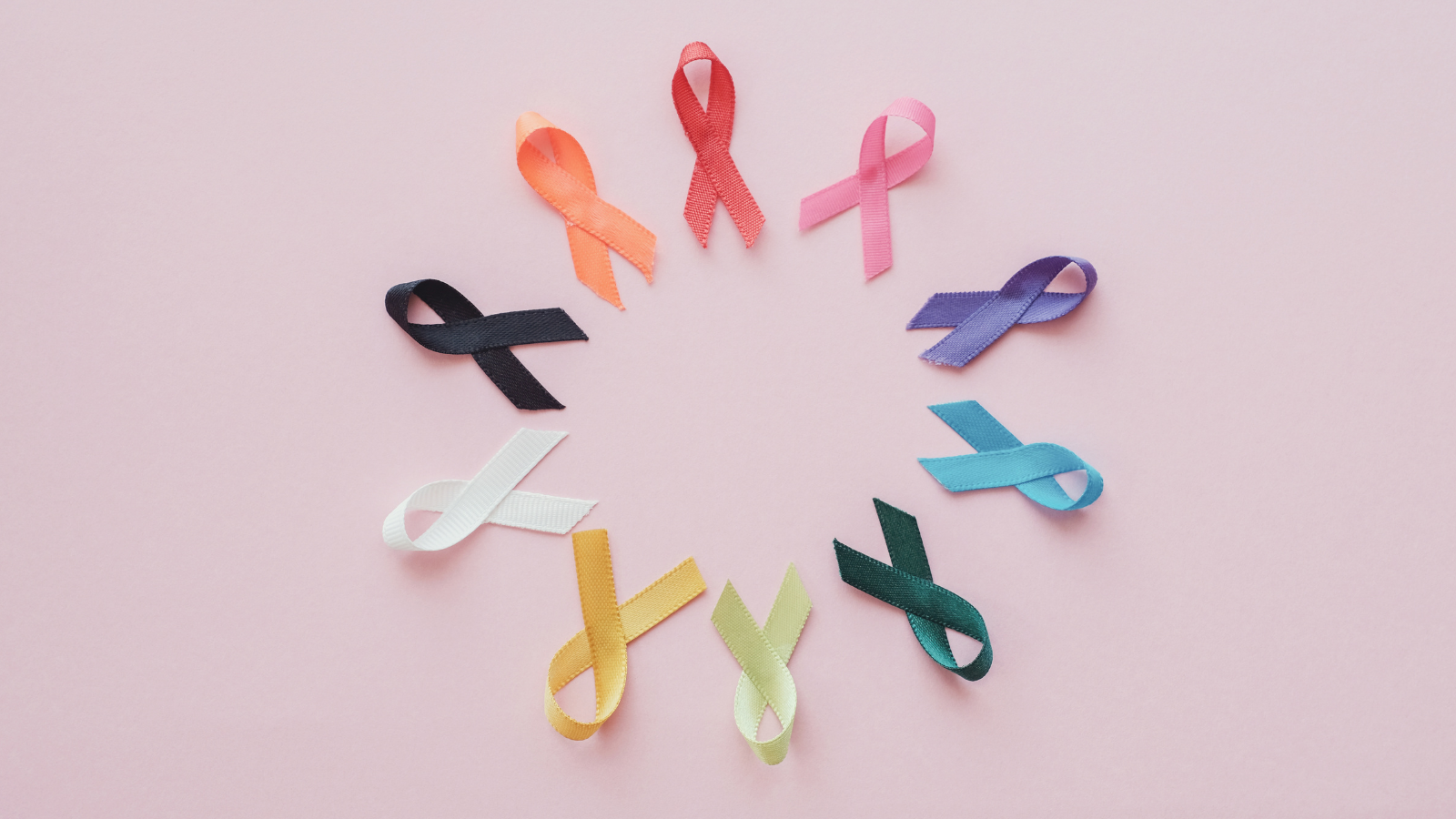April is Autism Acceptance Month: Let’s Be Clear(er)!
What’s the difference between ‘autism awareness’ and ‘autism acceptance’?

Approximately 1 in 44 children in the U.S. is diagnosed with an autism spectrum disorder (ASD).
For over a decade, the autism community has formally championed autism awareness initiatives, like April's "Autism Awareness Month". However, the Autism Society of America is leading the shift towards autism acceptance. President of the Autism Society of America, Christopher Banks, explains: “While we will always work to spread awareness, words matter as we strive for autistic individuals to live fully in all areas of life. As many individuals and families affected by autism know, acceptance is often one of the biggest barriers to finding and developing a strong support system.”
After awareness, acceptance is the next step towards improving the education, accessibility, employment and health care opportunities, as well as life-long support for those with autism.
Autism (or, more broadly, Autism Spectrum Disorder [ASD]) is a developmental condition that typically appears in early childhood and influences the way an individual behaves, interacts, and learns.

The signs of autism vary greatly from person to person (hence, why it is often referred to a "spectrum condition"). One individual might need assistance and support in their day-to-day life, while another is able to live and work entirely on their own. Each person’s experience with autism is unique, but there are often a few common characteristics:
According to the CDC, autism is the fastest-growing developmental disability in the U.S. with numbers steadily increasing.
There are no known causes of autism other than it is a hereditary (genetic) condition.
A reliable autism diagnosis can be made around the age of 2, but many children are not diagnosed until they are much older. Since there are no blood or medical tests to diagnose the disorder, doctors rely on developmental monitoring and the child’s behavior. Because of this, many do not get the early treatment they need.
Autism can affect anyone, regardless of race or gender, but is primarily diagnosed in white men and boys. Studies have shown that this could be due to the lack of healthcare access, stigma, income, language barriers, and other factors that disproportionately affect non-white populations in the US. In other words, diagnosis-prevalence differences suggest that black and Hispanic children may face socioeconomic or other barriers that lead to a lack of or delayed access to evaluation, diagnosis, and services they need to reach their full potential.
This ADDM report found that the racial and ethnic differences in identifying children with ASD persist, but also some indications that the differences may be narrowing. This research also suggests the signs of autism differ in girls than in boys, which might lead to lack of diagnosis in females.
If you would like to support the autism community, then you will need to stay informed! Here are a couple of ways you can help:
If you or a loved one lives with autism, or if you simply want to learn more about autism in your family, our team can help. Our Customer Experience Team or care coordination team will work with you and your provider(s) to ensure you are getting access to the right treatment, at the right place, at the right time. You're not alone.

What’s the difference between ‘autism awareness’ and ‘autism acceptance’?

According to the VA’s National Center for Post-traumatic Stress Disorder (PTSD), 12 million adults in the United States will be diagnosed with PTSD...

September is normally known for cooling down from the hot summer months and awaiting the fall season, however it is also full of cancer awareness,...